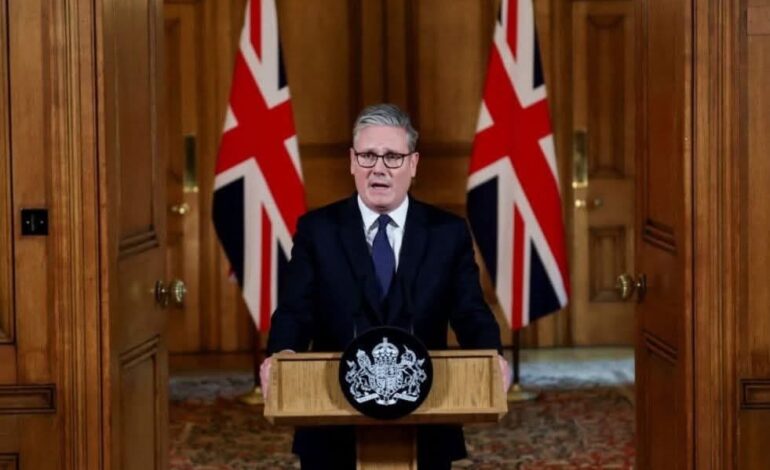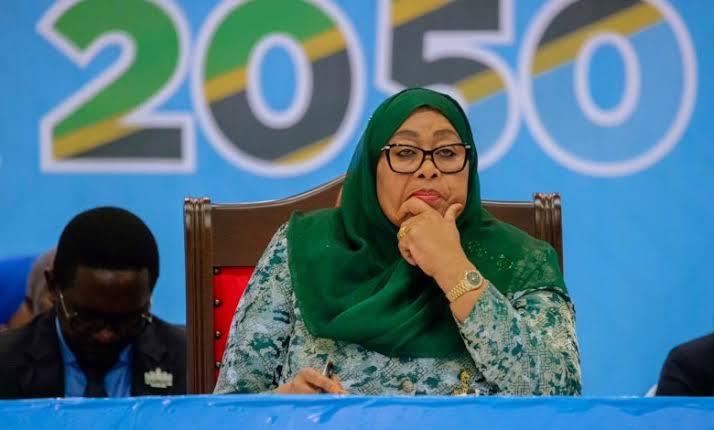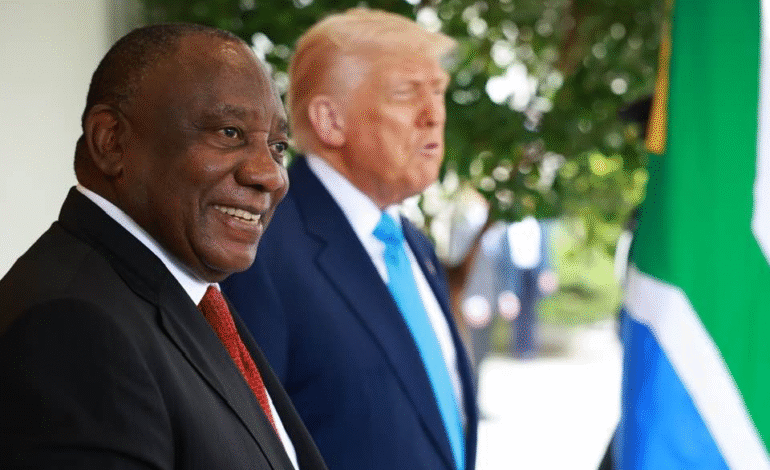
Faith Nyasuguta
U.S. President Donald Trump has indicated he may not attend the G20 leaders’ summit set to take place in South Africa this November. Speaking to reporters aboard Air Force One, Trump said he’s considering sending someone in his place, citing his deep dissatisfaction with South Africa’s domestic and foreign policies. “I think maybe I’ll send somebody else because I’ve had a lot of problems with South Africa. They have some very bad policies,” he stated.
Trump’s comments come amid rising diplomatic tensions between Washington and Pretoria. Since the start of his second term in 2025, Trump’s administration has clashed with South Africa over several controversial issues, including its land reform programme, its pro-Palestinian stance during the Israel – Gaza conflict, and its deepening alliance with BRICS nations such as China and Russia. These disagreements have evolved into a broader foreign policy rift that has impacted both trade and diplomatic cooperation.
Earlier this year, U.S Secretary of State Marco Rubio declined an invitation to attend a G20 preparatory meeting in Johannesburg, arguing that South Africa’s alignment with regimes hostile to Western interests-including Russia, Iran, and Venezuela – made the platform problematic. Shortly after, the White House instructed the U.S. Embassy in Pretoria to avoid logistical planning for the November summit. This was widely interpreted as a signal that Trump may boycott the event altogether unless South Africa reconsiders its foreign policy trajectory.
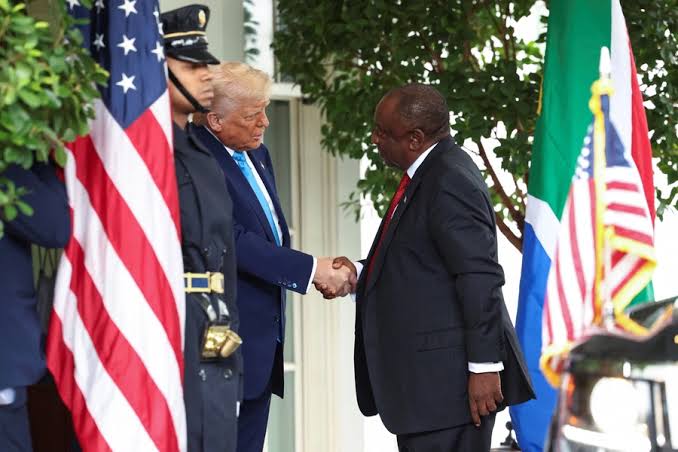
The Trump administration’s disapproval of South Africa’s policies hasn’t stopped at words. In June, the U.S. imposed a 30% tariff on selected South African exports, including fruit, wine, and metals – measures that are expected to hit the South African economy hard. Officials in Pretoria warned that thousands of jobs could be lost, particularly in the agricultural and export sectors, if the tariffs remain in place.
On the diplomatic front, relations further soured when South Africa filed a genocide case against Israel at the International Court of Justice – a move condemned by Washington as inflammatory and “irresponsible.” The Trump administration sees South Africa’s actions as part of a growing defiance from members of the Global South who are increasingly aligning themselves with alternative world powers.
Domestically, Trump has also been vocal about South Africa’s land reform laws and affirmative action policies, which he describes as discriminatory against white South Africans. In response, he kicked off a controversial refugee programme that would prioritise asylum applications from white South Africans claiming persecution – a move that has drawn international criticism and accusations of racial bias.
Despite the tensions, South African President Cyril Ramaphosa has extended an official invitation to Trump, urging him to attend the G20 summit and engage with global leaders on key issues such as climate change, inclusive economic growth, and debt relief for developing nations. Ramaphosa has defended his country’s policies, stating that land reform is being pursued within the bounds of constitutional law and that South Africa’s foreign policy remains rooted in non-alignment and multilateralism.
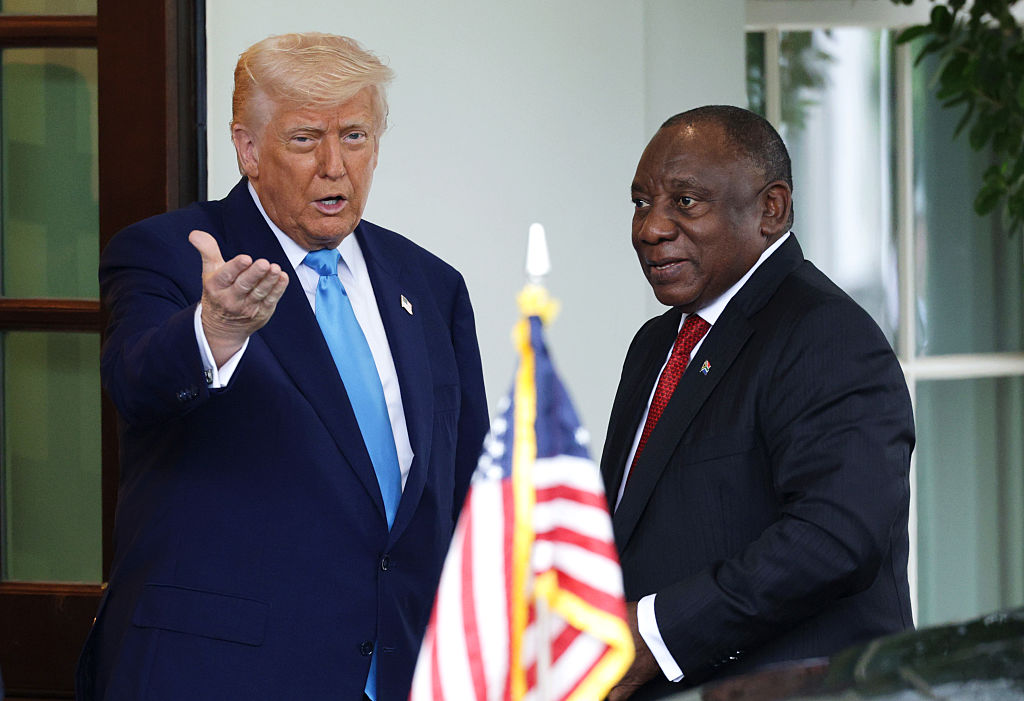
If Trump skips the summit, it would mark a rare instance of a U.S. president snubbing a major global forum hosted on African soil. Analysts warn that such a move could have lasting implications for Africa- US relations, potentially pushing African nations further toward China, Russia, and other emerging powers.
At this stage, it remains unclear who might represent the U.S. at the summit if Trump does not attend. However, the growing diplomatic standoff signals Washington’s unease with Pretoria’s independent foreign policy direction and its role in reshaping global power dynamics through platforms like BRICS and the G20.
Whether the situation escalates or cools off in the coming weeks may depend on how both governments handle the final run-up to the November summit.
RELATED:






